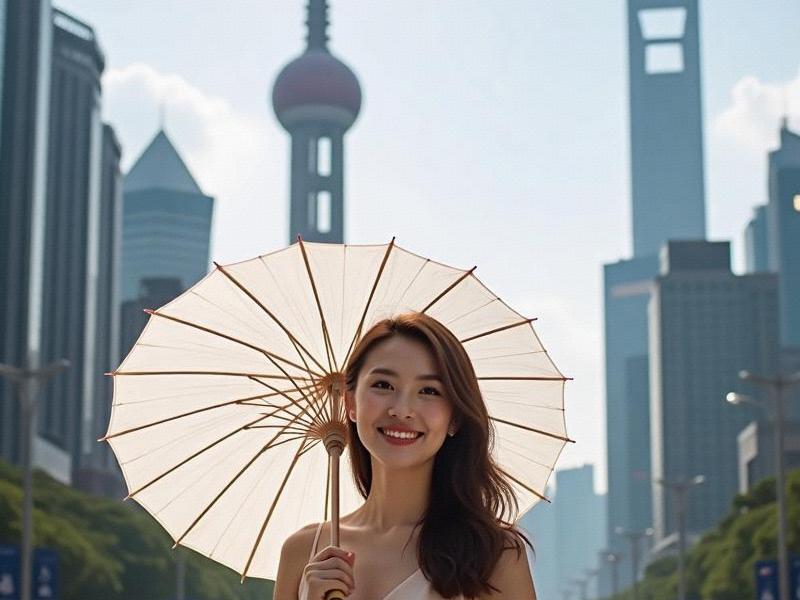This investigative report examines how Shanghai's entertainment venues have evolved into sophisticated social hubs that blend business networking with cultural experiences, reflecting the city's global ambitions.

The neon lights of Shanghai's entertainment districts tell a story of urban transformation. From the jazz-age glamour of the 1920s to today's high-tech lounges, the city's entertainment venues have consistently served as barometers of social change. In 2025, these establishments represent a unique fusion of Eastern hospitality and Western concepts, creating a nightlife ecosystem unlike any other global city.
Industry statistics reveal significant trends. Shanghai boasts over 3,500 licensed entertainment venues generating $2.8 billion in annual revenue, with compound annual growth of 12% since 2020. Notably, 68% of these establishments now incorporate cultural elements beyond mere drinking and dancing - from traditional tea ceremony corners in nightclubs to calligraphy performances in cocktail bars. This cultural integration has proven commercially successful, with hybrid venues reporting 35% higher customer retention than conventional clubs.
上海龙凤千花1314 The business model has evolved dramatically. High-end venues like "Cloud Nine" in the Bund financial district have transformed into after-hours networking spaces where deals are sealed over craft cocktails. Membership-based clubs now account for 42% of industry revenue, offering exclusive cultural programming ranging from private Peking opera performances to fintech discussion salons. This shift reflects Shanghai's emergence as Asia's premier business hub.
Regulatory changes have shaped this evolution. Shanghai's 2023 Entertainment Venue Modernization Act introduced tiered licensing that rewards venues incorporating cultural preservation and technological innovation. The results have been striking - 85% of venues now feature AI-powered sound systems that automatically adjust volume to comply with noise regulations, while blockchain technology ensures transparent alcohol sourcing and age verification.
上海夜生活论坛
Cultural preservation plays a growing role. Historic venues like the Peace Hotel Jazz Bar have been officially designated as "Cultural Entertainment Heritage Sites," receiving tax incentives to maintain their architectural integrity while upgrading facilities. Younger venues like "The Silk Road Lounge" in Jing'an District have pioneered contemporary interpretations of Shanghai's jazz age aesthetic, featuring regular collaborations between electronic DJs and traditional Chinese musicians.
爱上海419 The workforce development aspect is equally innovative. Shanghai's hospitality schools now offer specialized programs in "cultural bartending" and "entertainment diplomacy," producing professionals fluent in both mixology and traditional arts. Venue staff retention rates have improved by 28% since these programs launched in 2022.
Challenges remain, particularly in balancing commercialization with cultural authenticity. However, Shanghai's entertainment industry continues to set global trends. As nightlife consultant Michael Chen observes: "Shanghai has cracked the code on creating venues that are simultaneously profitable, culturally rich, and socially responsible." This balanced approach may well define the future of urban entertainment worldwide.